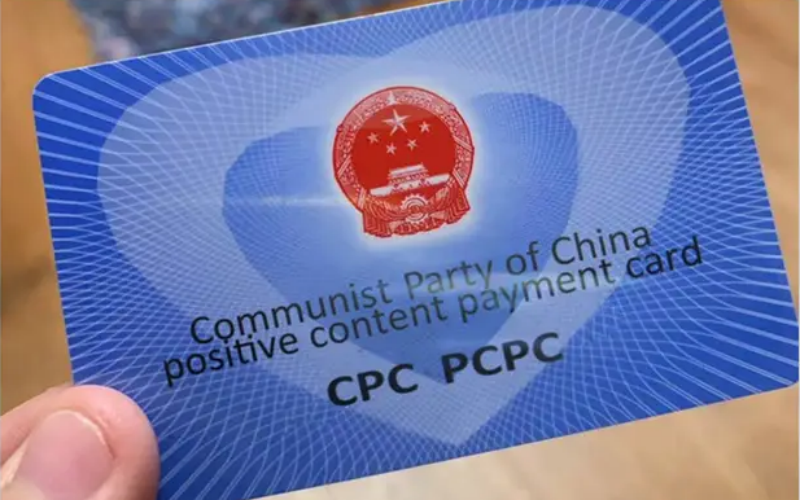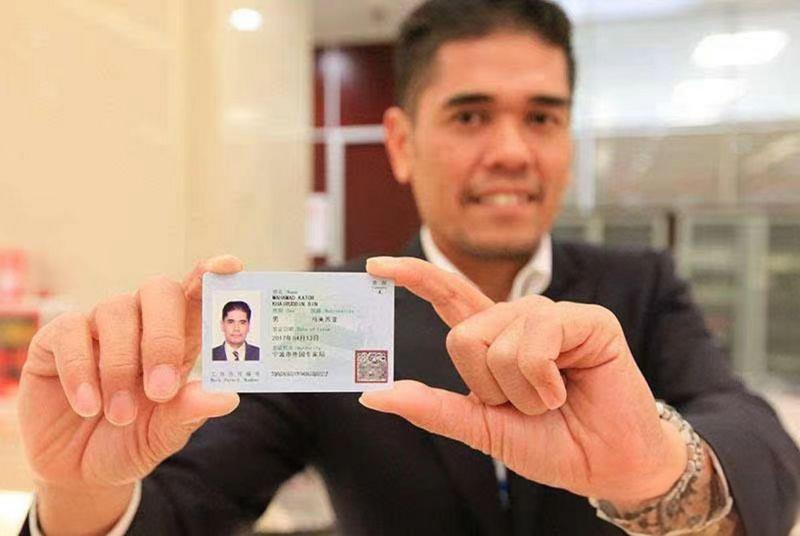How much does it cost to set up a WFOE in China?
Generally, in 2020, you’ll need a budget from 15,000-30,000 CNY to open a WFOE in China. (we’re counting accounting expenses, renting a small office and all the hidden fees here).
Compared to before 2014 this is dirt cheap! Before 2014 you were required to have a huge amount of upfront capital investment in order to open, thankfully nowadays it is much simpler!
In fact, before 2014, you would have had to have100,000 CNY sitting in your bank doing nothing just to set up your WFOE in China.
However, thankfully its a different ball game nowadays. Instead of injecting the capital into the business upfront, you simply claim the amount you are going to invest during the WFOE application. And then invest that amount within a specific time frame. In many cases, a period from 10-20 years.
In other words, you don’t have to pay the initial capital, simply make a claim on your application that you will.
You’ll of course still need an initial investment to get the company up and running, we personally recommend having a minimum of 30,000rmb (depending on your business type of course) upfront to cover all costs.
For the rest of the capital injection you’ve claimed on your application, you have 10, perhaps 20 years to inject that money into the business, more than enough time.
If you want to know more about these topics, follow our blogs. And find more on A Comprehensive Guide about Wholly Foreign-Owned Enterprise
Although you’ll need some necessary investment for a better operation of your business it is quite affordable to start a WFOE in China.
These newish (if you still consider 2014 not that long ago) regulations ease the stress of your cash flow, a concern for any business.








